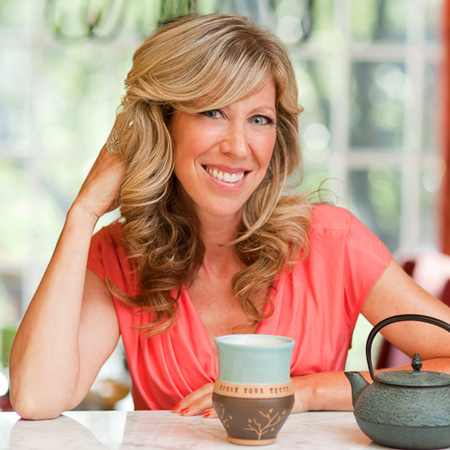Colleen Patrick-Goudreau takes reducing her environmental footprint seriously. But now she’s taking that up a life-changing notch.
I’ve always tried to live lightly on this earth and avoid causing harm to animals. I’ve been vegan for almost 20 years. I shop with canvas bags. I compost all of our family’s food and yard scraps. We irrigate our gardens with grey water from our showers and sinks. We shop at our local farmers market. We purposefully live where we can walk everywhere. And when we do drive, we have a single car — a plug-in hybrid whose gas tank we have yet to fill up.
Not perfect, but not bad. And yet earlier this year, I realized I may have unconsciously stopped doing more because I thought I was doing a lot. And so I did it: I “became” zero waste. And it has been absolutely life-changing.
The first time I heard the term “zero waste” was in 2006 when Oakland adopted its zero-waste policy in relation to its waste management. In fact, the term “zero waste” has its root in Oakland as well. It was coined in the 1970s by a chemist as the name for the company he founded to find new ways to use surplus chemicals discarded by the electronics industry.
The simple concept of zero waste is to prevent rather than divert trash, but at its core it’s about valuing and taking responsibility for goods we bring into our lives -- replacing a linear system whereby goods are designed for discard with a circular system whereby goods are built for longevity and recirculated for as long as possible.
